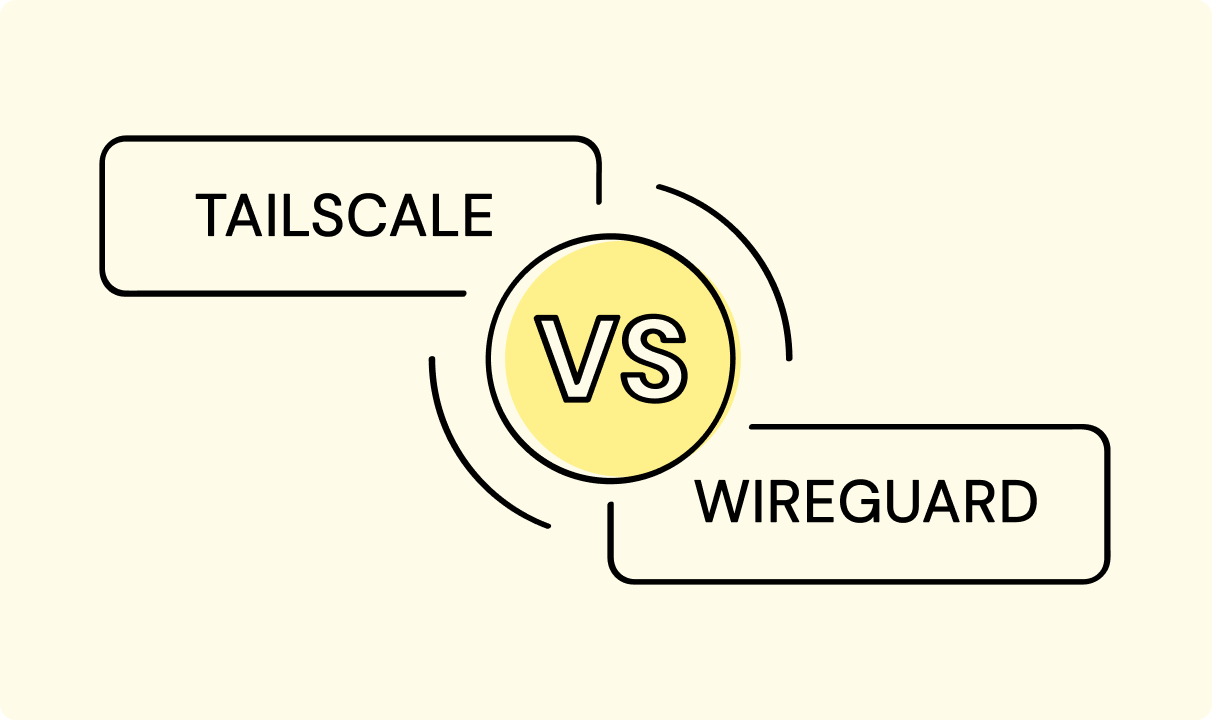
Chief Operating Officer at Growth Bite
Adomas Šulcas
Adomas is a technical writing expert who founded Growth Bite, a digital marketing company, focused on providing high-value SEO and content marketing services to SaaS companies.
37 articles published by this author

3 min read
Unblock XNXX & Bypass Age Verification in the UK: 2026 Guide
Key takeaways:

Adomas Šulcas

6 min read
What Happens When You Block Someone on an iPhone?
Key takeaways:

Adomas Šulcas

4 min read
Tailscale vs WireGuard: Comparison & Which to Choose in 2025
Key takeaways:
Choosing the right VPN tool depends on your goals and needs. In 2025, some of the most popular discussions revolve around Tailscale vs WireGuard. Both of these are built on strong foundations and both offer high performance.
However, each fits a different kind of user. In this comparison article you will discover what sets them apart and when to use which.

Adomas Šulcas

3 min read
How to Turn Off/On Private Browsing on iPhone: 2025 Guide
Key takeaways:

Adomas Šulcas

5 min read
How to Watch Pornhub in France Safely (2025 Guide)
Key takeaways:
Recently, the French government enacted a law mandating adult content sites to implement stricter age-verification methods. In protest, many adult content platforms, including Pornhub, closed their operations and blocked access to users in France.
While accessing adult content is still legal, you're likely to face difficulties when in France. But in just a few clicks, a trusted Virtual Private Network (VPN) service from CometVPN will allow you to watch Pornhub and other platforms without such restrictions.

Adomas Šulcas

10 min read
What Is a Tor Browser, How Does it Work & Is it Safe in 2026?
Key takeaways:

Adomas Šulcas